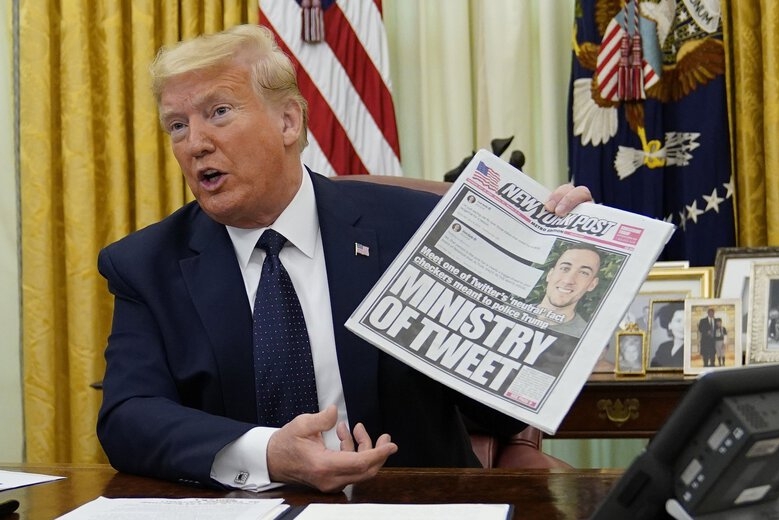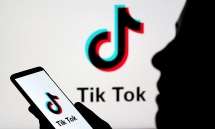Facebook joins hands with Google and other tech companies to suspend processing Hong Kong government data requests
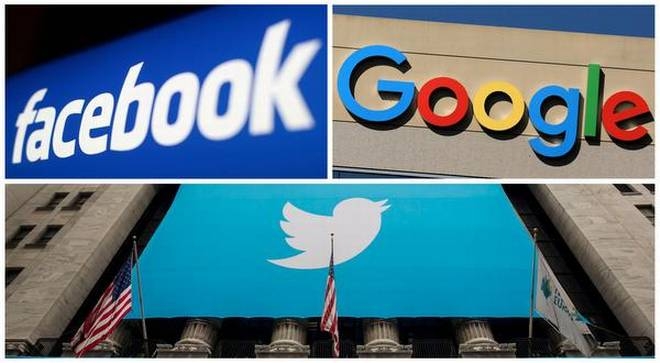 |
| Facebook, Google, and Twitter suspended processing government requests for user data in Hong Kong. Photo: Reuters |
Google, Facebook, and Twitter are pausing the processing of data requests from the Hong Kong government as they review a new security law that went into effect on July 1st. Google put its pause into place as soon as the law took effect last Wednesday.
“When the law took effect, we paused production on any new data requests from Hong Kong authorities,” a Google spokesperson told The Verge in an email, “and we’ll continue to review the details of the new law,” the spokesperson said.
Twitter also halted its handling of government requests as of July 1st, with Facebook announcing its pause on Monday, The New York Times reported.
Social media platforms typically produce private user information in response to valid court orders, depending on the legal process in various countries. But under this new position, all the companies will, at least temporarily, ignore the requests coming from the government of Hong Kong.
The new policies are in response to China’s new national security law in Hong Kong, which was first proposed in May. Hong Kong has traditionally enjoyed significant independence from mainland China, but the central Chinese government has tightened restrictions on speech in Hong Kong in recent months, bringing a gradual end to the “one country, two systems” principle. China’s push toward more control has led to widespread protests across Hong Kong, which began the last year 2019.
 |
| Hong Kong used to be a regional financial hub where internet access was unaffected by the firewall imposed in mainland China, which blocks Google, Twitter, and Facebook. Photo: Alex Castro / The Verge |
In particular, the new security law gives China the power to limit political dissent against the government, making it unlawful to engage in “secession, subversion, organization and perpetuation of terrorist activities, and collusion with a foreign country or with external elements to endanger national security.” Those powers are particularly relevant for social platforms, which may be hosting the now-criminalized subversive activities.
Google, Facebook, and Twitter have both been banned in China for several years, part of the so-called “Great Firewall,” under which government censors and monitors track online activity.
The new security law has already compelled several political opposition parties in Hong Kong to disband, NPR reported, and is expected to further chill political dissent against Beijing in Hong Kong.
“We believe freedom of expression is a fundamental human right and support the right of people to express themselves without fear for their safety or other repercussions,” a Facebook spokesperson talked to The Verge.
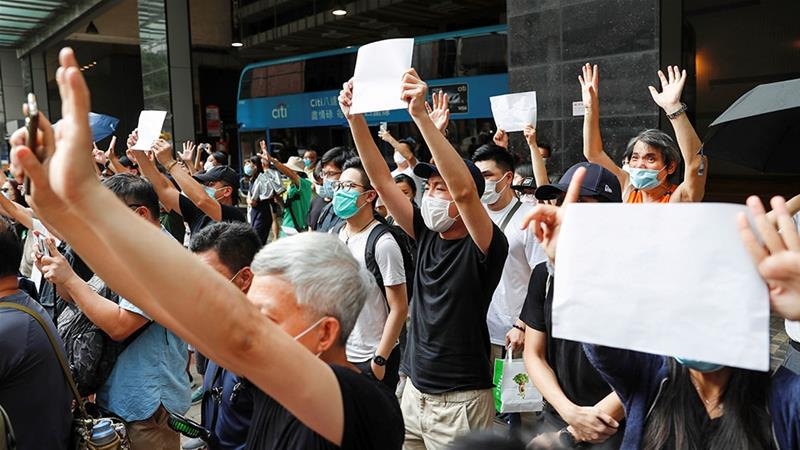 |
| Supporters raise white paper to avoid slogans banned under the national security law as they support arrested anti-law protesters in Hong Kong. Photo: Tyrone Siu/Reuters |
Twitter says it is reviewing the new law to assess the implications, adding many terms of the new law are “vague and without clear definition,” a spokesperson wrote in an email to The Verge. “Like many public interest organizations, civil society leaders and entities, and industry peers, we have grave concerns regarding both the developing process and the full intention of this law.”
Facebook has a process for reviewing government requests, which takes into account its own policies and local laws as well as international human rights standards, the spokesperson added. “We are pausing the review of government requests for user data from Hong Kong pending further assessment of the National Security Law, including formal human rights due diligence and consultations with international human rights experts.”
According to Reuters, tech companies have long operated freely in Hong Kong, a regional financial hub where internet access has been unaffected by the firewall imposed in mainland China, which blocks Google, Twitter and Facebook.
Apple said Monday (July 06) it does not receive requests for user content directly from the Hong Kong government. Instead, it requires authorities there to submit requests under a mutual U.S.-Hong Kong legal assistance treaty. The U.S. Department of Justice receives the requests and reviews them for “legal conformance,” Apple said.
“We’re assessing the new law, which went into effect less than a week ago, and we have not received any content requests since the law went into effect,” Apple said in a statement, citing Reuters.
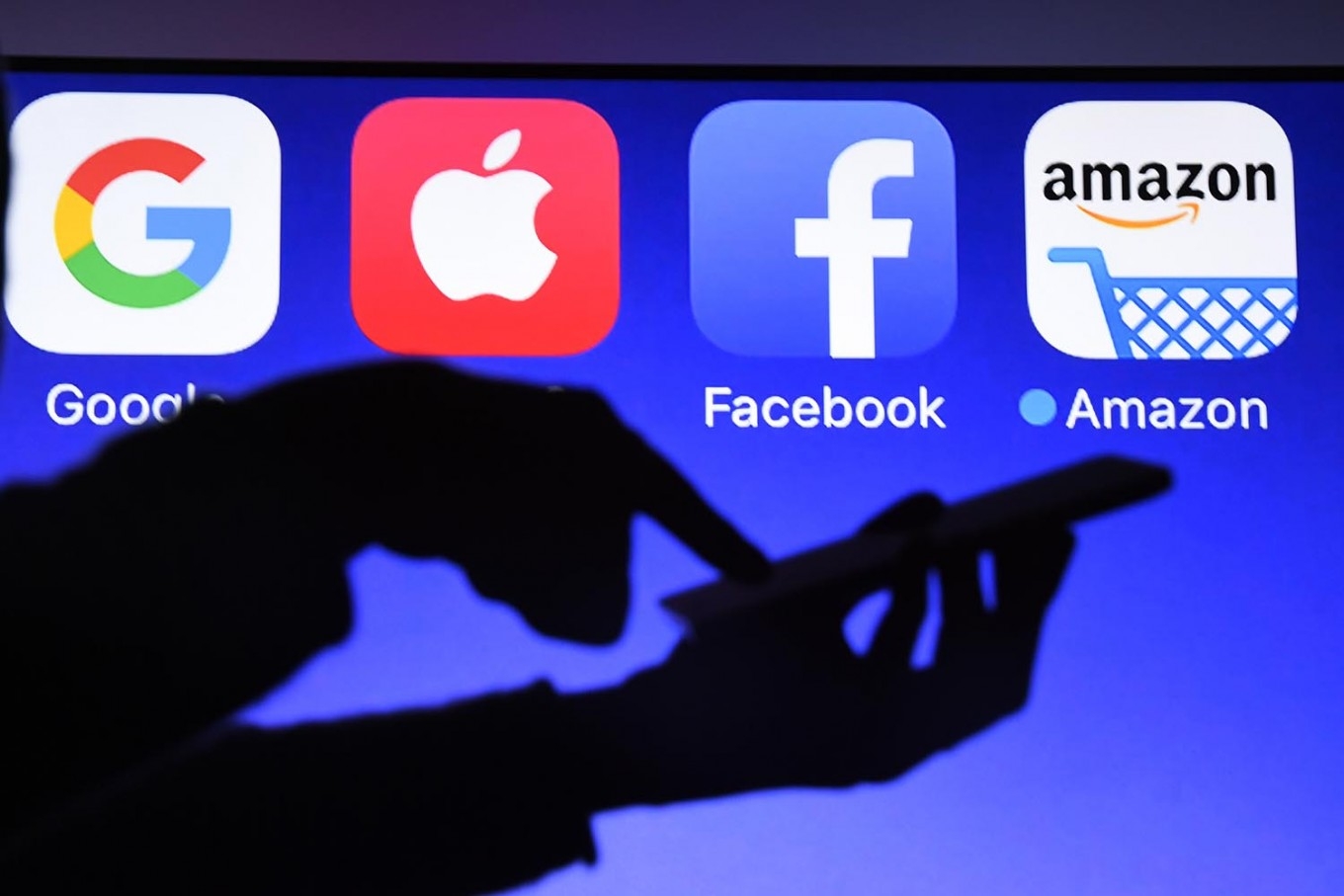 |
| Tech companies have long operated freely in Hong Kong, a regional financial hub where Internet access has been unaffected by the firewall imposed in mainland China, which blocks Google, Twitter and Facebook. Photo: Damien Meyer/AFP |
 | China threatens to retaliate agaisnt UK over UK citizenship plan for Hong Kong residents China will take countermeasures against the UK and promises that the UK would “bear all consequences” in case it grants residency to Hongkongers in response ... |
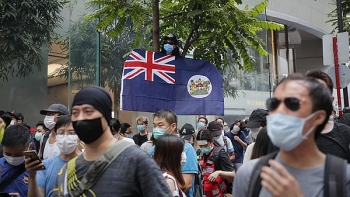 | Hong Kong National Security Law: 5 must-know takeaways Hong Kong national security law, which was voted unanimously by an elite body within China's legislature on Tuesday, was adopted in a rushed, secretive process. |
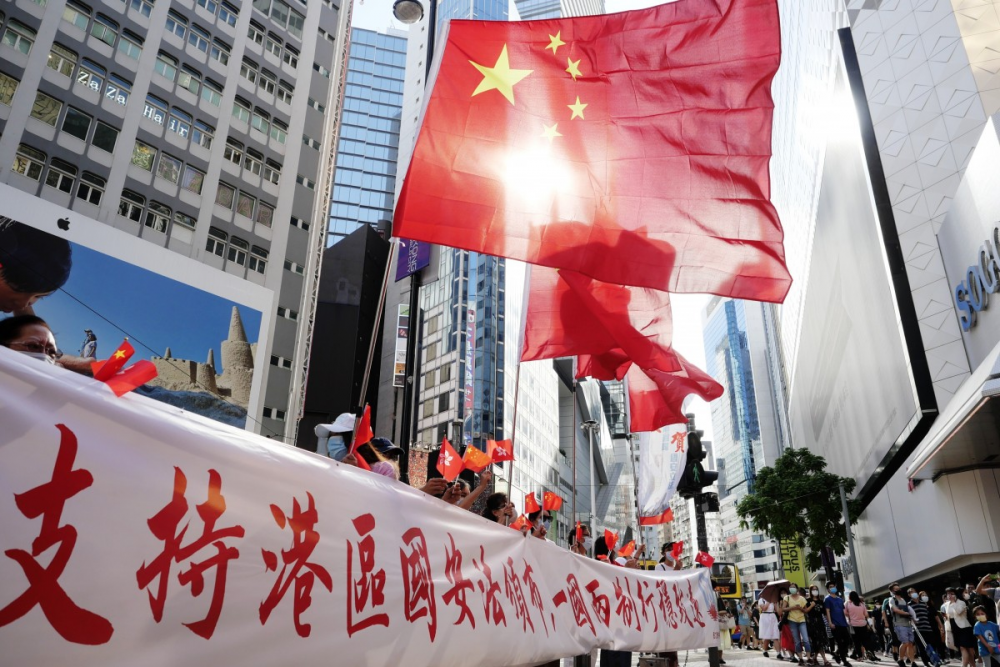 | World news today July 1: Chinese President Xi signs Hong Kong national security law into effect World news today July 1: President Xi Jinping on Tuesday signed into effect a Hong Kong national security law, EU recommends lifting travel restrictions on 15 countries from ... |
Recommended
 World
World
Pakistan NCRC report explores emerging child rights issues
 World
World
"India has right to defend herself against terror," says German Foreign Minister, endorses Op Sindoor
 World
World
‘We stand with India’: Japan, UAE back New Delhi over its global outreach against terror
 World
World
'Action Was Entirely Justifiable': Former US NSA John Bolton Backs India's Right After Pahalgam Attack
 World
World
Nifty, Sensex jumped more than 2% in opening as India-Pakistan tensions ease
 World
World
Easing of US-China Tariffs: Markets React Positively, Experts Remain Cautious
 World
World
India strikes back at terrorists with Operation Sindoor
 World
World

